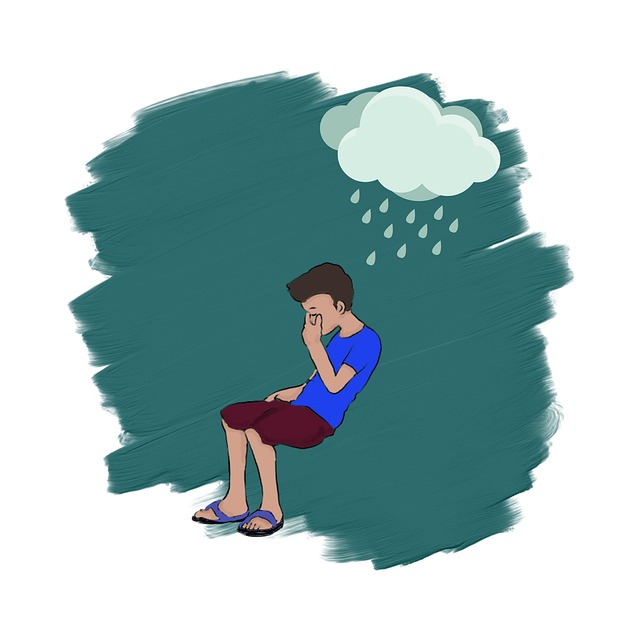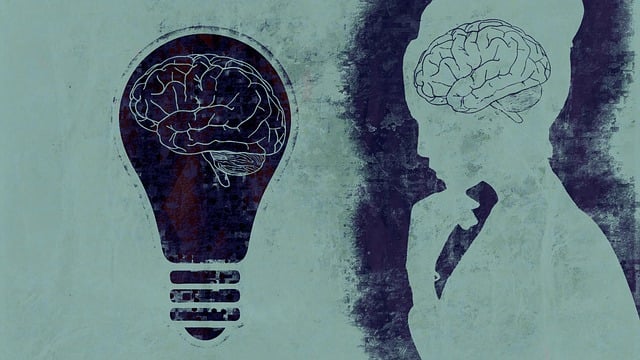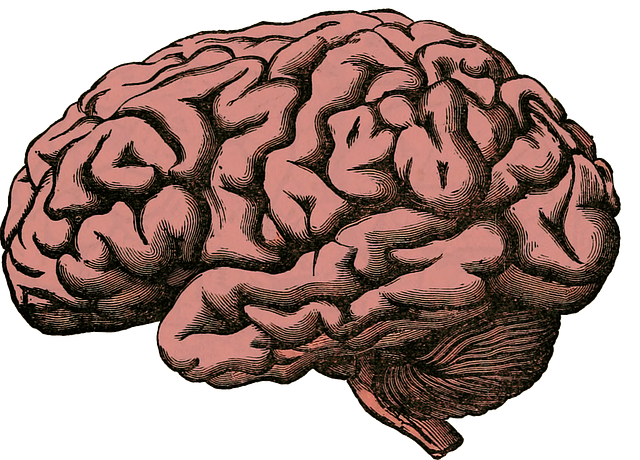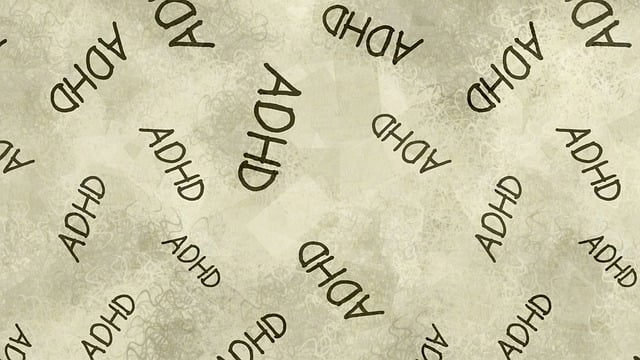Wheat Ridge Cognitive Behavioral Therapy (WR CBT) advocates for accurate and diverse media portrayals of mental health to reduce stigma and promote empathy. They achieve this through policy changes, emotional intelligence in content creation, and education programs. WR CBT uses evidence-based techniques like cognitive restructuring and exposure therapy to empower individuals with symptom management skills. By involving individuals with lived experiences in media production and highlighting recovery as a spectrum, they strive to dispel harmful stereotypes and foster an inclusive society. Media consumers can benefit from CBT by developing coping skills, gaining insights into psychological issues, and critically engaging with media content.
In today’s media landscape, the representation of mental illness plays a pivotal role in shaping societal perceptions. This article explores the profound impact of media portrayals on mental health and offers solutions to challenge negative stereotypes. We delve into the world of Wheat Ridge Cognitive Behavioral Therapy (CBT), a professional perspective that empowers individuals. By examining common misconceptions and stereotypes, we present strategies for more accurate and empathetic media representation. Additionally, we highlight the crucial role of CBT in challenging these narratives and fostering mental health awareness.
- Understanding the Impact of Media Portrayal on Mental Health
- Wheat Ridge Cognitive Behavioral Therapy: A Professional Perspective
- Common Misconceptions and Stereotypes in Mental Illness Media Depictions
- Strategies for More Accurate and Empathetic Representation
- The Role of CBT in Challenging Negative Media Narratives
Understanding the Impact of Media Portrayal on Mental Health

The media has a profound impact on shaping societal perceptions and understanding of mental health. The way mental illnesses are portrayed in films, television shows, and news coverage can significantly influence public opinion and individual attitudes. Positive representations, when incorporated into mainstream media, have the potential to reduce stigma and foster empathy, encouraging open conversations about mental well-being. Conversely, negative or inaccurate portrayals can perpetuate stereotypes and contribute to further marginalization of individuals grappling with these challenges. This is where Wheat Ridge Cognitive Behavioral Therapy steps in as a powerful tool for challenging such narratives and promoting more nuanced understanding.
A systematic Mental Health Policy Analysis and Advocacy approach, coupled with the integration of Emotional Intelligence in media content creation, can lead to transformative changes. By advocating for accurate and diverse representations, mental health professionals can ensure that media serves as an educational platform, enhancing public awareness and promoting supportive environments. Furthermore, designing effective Mental Health Education Programs centered around these principles can empower individuals to recognize the value of therapy and encourage proactive measures towards better mental health.
Wheat Ridge Cognitive Behavioral Therapy: A Professional Perspective

Wheat Ridge Cognitive Behavioral Therapy offers a professional perspective on addressing mental health challenges through evidence-based practices. This therapeutic approach focuses on identifying and changing negative thought patterns, behaviors, and emotions that contribute to various mental illnesses. Therapists utilize techniques such as cognitive restructuring, exposure therapy, and behavioral activation to empower individuals to manage their symptoms effectively. By targeting specific issues and teaching practical coping strategies, Wheat Ridge CBT helps clients develop resilience and enhance overall well-being.
Incorporating stress reduction methods, compassion cultivation practices, and confidence-boosting exercises within the therapeutic framework further enriches the healing process. The goal is not only to alleviate symptoms but also to promote a deeper sense of self-awareness, self-acceptance, and personal growth. Through individualized treatment plans tailored to each client’s unique needs, Wheat Ridge Cognitive Behavioral Therapy offers a comprehensive solution for overcoming mental health obstacles and fostering lasting positive change.
Common Misconceptions and Stereotypes in Mental Illness Media Depictions

In many media portrayals, mental illness is often reduced to simplistic and inaccurate stereotypes, such as portraying individuals with depression as constantly tearful or those with anxiety as severely paralyzed by fear. These depictions not only fail to capture the complexity of mental health conditions but also perpetuate harmful misconceptions. For instance, they may suggest that recovery is unattainable or represent certain disorders with exaggerated and sensationalized symptoms. Such misinformation can significantly impact public understanding, leading to stigma and misunderstanding, especially when individuals seek help from healthcare providers like those offering Wheat Ridge Cognitive Behavioral Therapy (CBT).
Misconceptions in media often stem from a lack of diverse representation and accurate storytelling. This is where Self-Awareness Exercises and Healthcare Provider Cultural Competency Training become essential tools. By equipping professionals with the knowledge to recognize and navigate these stereotypes, they can offer more empathetic care. Moreover, thorough Risk Assessment for Mental Health Professionals is crucial to ensuring that both patients and practitioners are supported in challenging conversations surrounding mental illness, fostering a more nuanced and accurate portrayal of these conditions in society at large.
Strategies for More Accurate and Empathetic Representation

To foster more accurate and empathetic mental illness representation in media, several strategies can be employed. Firstly, involving individuals with lived experiences—both as consultants during production and as actors—ensures stories are authentic and avoid harmful stereotypes. This approach, advocated by Wheat Ridge Cognitive Behavioral Therapy centers, enriches narratives with real-world perspectives, promoting understanding among audiences.
Additionally, prioritizing communication strategies that highlight the nuances of mental health struggles, rather than exaggerating or simplifying them, is vital. By showcasing recovery as a spectrum and emphasizing the diversity of experiences—including challenges and setbacks—media can better reflect the complexities of mental illness. This nuanced representation encourages empathy and supports individuals seeking trauma support services or struggling with burnout prevention, fostering a more inclusive and supportive societal narrative.
The Role of CBT in Challenging Negative Media Narratives

Mental illness representation in media has long been a topic of concern, perpetuating often harmful stereotypes and misconceptions. Wheat Ridge Cognitive Behavioral Therapy (CBT) offers a powerful tool to challenge these negative narratives. CBT focuses on identifying and altering unhelpful thought patterns and behaviors, empowering individuals to manage their mental health more effectively. By engaging in this therapy, media consumers can develop crucial coping skills and enhance their understanding of complex psychological issues.
Moreover, incorporating Compassion Cultivation Practices within CBT can foster a sense of empathy and reduce stigma. These practices encourage individuals to cultivate awareness, self-compassion, and understanding towards themselves and others, which is essential for navigating the complexities of mental illness representation in media. Additionally, Stress Reduction Methods taught through CBT can help individuals manage anxiety and stress related to media consumption, allowing them to engage with content more critically and objectively.
In conclusion, addressing mental illness representation in media is paramount for fostering understanding and empathy. By challenging stereotypes and misconceptions through accurate portrayal, we can significantly impact public perception. The strategies outlined, including the role of Wheat Ridge Cognitive Behavioral Therapy, offer a path forward for creating more inclusive narratives. Embracing these approaches ensures that media serves as a powerful tool to educate, destigmatize, and support individuals living with mental health challenges.














